Science
Have you suffered from a traumatic brain injury?
Each year an estimated 1.7 million Americans sustain a traumatic brain injury*.
Common causes include falls, vehicular accidents, sports injuries and military related traumas. The effects of TBI can range from physical to mental, including cognitive difficulties, memory loss, decreased energy, problems regulating emotion, and shortened attention span.

CATEGORIES OF TRAUMATIC & NON-TRAUMATIC BRAIN INJURY

INFLAMMATION: THE SECONDARY INJURY
Scientific research has revealed that a decline in well-being following a traumatic brain injury (TBI) can be attributed to the neuroinflammatory response, commonly known as the secondary injury.
While TBI is often associated with physical brain injury, it can also result from a chemical trauma, such as medication, surgery, autoimmune conditions, digestive issues, and chronic stress. Non-physical injuries can have similar detrimental effects on the brain’s ability to function compared to physical injuries, leading to depression, anxiety, sleep disturbances, impaired memory, learning difficulties, and other mental health issues.
We understand the importance of addressing the secondary injury in the treatment of TBI. That’s why we are committed to providing science-backed solutions that can help reduce neuroinflammation and improve brain function. By addressing the root causes of inflammation and supporting healthy brain function, we believe that it’s possible to improve outcomes for those living with TBI and related conditions.
Our products are scientifically formulated to aid with recovery and improve mental, physical, and overall wellbeing. At the core of our product range is a commitment to using natural, anti-inflammatory ingredients and antioxidants to promote brain health. We understand the crucial role that inflammation plays in many neurological disorders, and that’s why we’ve carefully selected ingredients that are known for their ability to reduce inflammation and optimize the brain. Our liposomal delivery system ensures that our products are quickly absorbed where you may experience the benefits within 10-25 minutes after ingestion.
Whether you’re looking to optimize your cognitive function, enhance your athletic performance, or simply support your overall wellbeing, our products are the perfect addition to your routine.
CORE INGREDIENTS
To combat the effects of post traumatic brain injury, we have formulated our line of Brain Rescue products to address inflammation, cellular health, cognitive functioning, and optimize the stress response.
Our core ingredients provide multiple benefits.
Vitamin E, DHA, to decrease inflammation
DHA, B1, B2, B5, B12 to support brain health
B1, B2, B5, B12 for energy metabolism
Quercetin, NAC, PQQ, Co10, EGCG, Vitamin E, from mixed tocopherols, to provide antioxidant support to fight free radicals.
Maca, Guarana, Rhodiola for adaptogen support or stress response
Ingredients
Lepidium Meyenii (Maca)
Lepidium Meyenii (Maca)
Also known as Peruvian ginseng, scientific evidence has shown that maca has nutritional, energizing, and fertility-enhancing properties, and can aid sexual dysfunctions, osteoporosis, benign prostatic hyperplasia, memory and learning, and protects skin against ultraviolet radiation.
Guarana
Guarana
In the article, Improved cognitive performance in human volunteers following administration of guarana (Paulliniacupana) extract, the researchers stated; "Given the low caffeine content of the dose (6-9mg) these results provide the first demonstration in humans of the psychoactive effects of guarana. Noted was the improvement in task performance throughout the day."
Rhodiolarosea
Rhodiolarosea
The ability of Rhodiola to enhance memory and mental energy has been found to be due to its ability to increase the neurotransmitter Acetylcholine by decreasing its destruction by the enzyme acetylcholine esterase.
EGCG
EGCG
Epigallocatechin gallate is the active agent in Green Tea. Studies on post-stroke patients and those with dementia and Alzheimer’s disease all benefited with an improvement in cognitive functioning when placed on EGCG.
PQQ (Pyrroloquinoline quinone)
PQQ (Pyrroloquinoline quinone)
Is a compound known to influence multiple cellular pathways, including the production of nerve growth factor (NGF). By protecting neurons and stimulating nerve growth in the brain, PQQ also supports cognitive performance, including memory and attention. Additional benefits of PQQ are its ability to remove free radicals and lower oxidative stress, increase production of ATP, and to stimulate the production of Mitochondria
Vitamin CoQ10 (Ubiquinone)
Vitamin CoQ10 (Ubiquinone)
It is a component of the electron transport chain and participates in aerobic cellular respiration, which generates energy in the form of ATP. Ninety-five percent of the human body's energy is generated this way. Organs with the highest energy requirements—such as the brain, heart, liver, and kidney—have the highest concentrations. The more energy produced the better and clearer the brain functions.
Vitamin B1 (Thiamine)
Vitamin B1 (Thiamine)
Is important for production of neurotransmitters, memory, mental clarity, cognition and steady gait. Vitamin B1 is important for production of energy from carbohydrates. Vitamin B1 can treat symptoms associated with Wernicke-Korsakoff syndrome and reduce oxidative stress.
Vitamin B2 (Riboflavin)
Vitamin B2 (Riboflavin)
Deficiency is associated with neurodegeneration, peripheral neuropathy, loss of thyroid (T4) metabolism with personality changes. Vitamin B2 might also protect the eyes from Cataracts.
Vitamin B5 (Pantothenic acid)
Vitamin B5 (Pantothenic acid)
Functions as the required precursor of coenzyme A (CoA), through which it plays key roles in multiple biological processes, including many that regulate carbohydrate, lipid, protein, and nucleic acid metabolism. Acetyl-CoA is necessary for synthesis of the complex fatty-acyl chains of myelin, and of the neurotransmitter acetyl- choline all for brain functioning.
Vitamin B12 (Methyl-Cobalamin)
Vitamin B12 (Methyl-Cobalamin)
Deficiency express itself by a wide variety of hematological, neurological, psychiatric, gastrointestinal, and skin disorders. Nervous system disorders, such as brain atrophy, myelopathy, and neuropathy, are often the earliest and, in some cases, the only clinical symptoms of vitamin B12 deficiency. Ongoing research suggested that the imbalance of cytokines and growth factors may be essential to the pathogenesis of the white matter lesions and thus neuropathy due to cobalamin deficiency.
DHA
DHA
One of the major building blocks of the brain, the omega-3 fatty acid docosahexaenoic acid (DHA) is critical for optimal brain health and function at all ages of life. Researchers are now finding that DHA provides brain-boosting benefits in infants and aging adults. A key mechanism of DHA is the protection of neural tissue by the production of Resolvin and Protectin D.
Tocopherol
Tocopherol
Also known as Vitamin E (alpha, delta, and gamma) which has been found to reduce the production of inflammation by downregulating the production of the transcriptional factor NFkB responsible for signaling DNA to manufacture the inflammatory chemical.
Ascorbic Palmitate
Ascorbic Palmitate
Unique to the different formulations of Vitamin C is this fat-soluble form which can easily enter into the blood supply feeding the brain. Once in the brain, Vitamin C is a major antiinflammatory and free radical scavenger reducing inflammation.
Quercetin
Quercetin
This is a natural polyphenolic, flavonoid antioxidant and has a number of important effects on the metabolism of the brain and reduction of inflammation. First, Quercetin can increase the production of mitochondria starting within 7 days yielding a higher production of energy as ATP (adenosine triphosphate). This ATP is used to run cellular functions which can be perceived as clearing thoughts, more energy and loss of fogginess. Second, Quercetin downregulates the production of the transcriptional trigger for inflammation, the notorious NFk.
Glutathione
Glutathione
Functions as the front-line defense against oxidative stress in the brain. After trauma, the levels of Glutathione are reduced, through consumption and damage to the enzyme system that regenerate it, and this allows for the accumulation of free radicles. This increased Oxidative Stress, which damages neurons and alters the molecular chemistry in the brain.
Product Benefits
*According to research presented in: A pilot study (Brain Rescue 3 in active duty Marines) 2021

